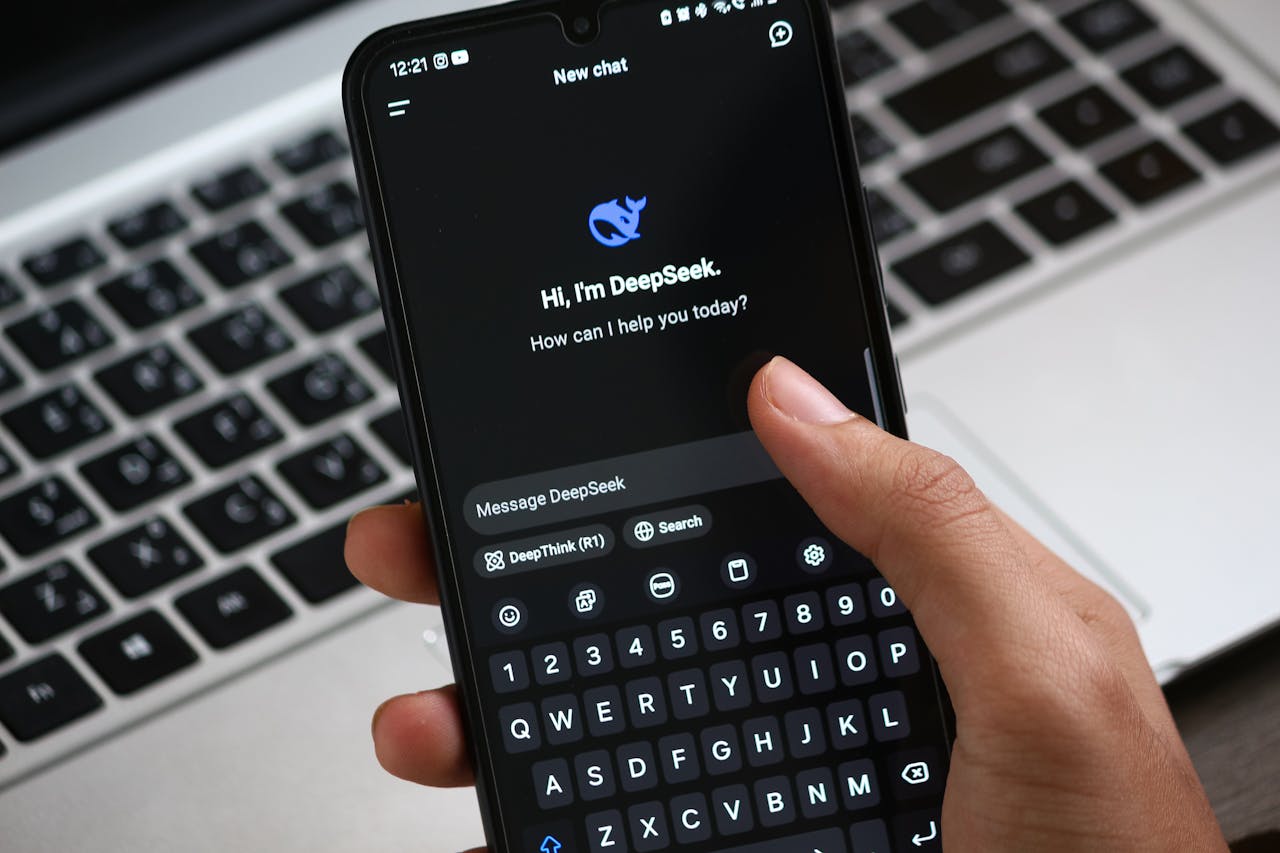Starting a small business doesn’t have to mean draining your savings or taking out a large loan. In 2025, the digital economy, freelance revolution, and low-overhead business models have made it easier than ever to become your own boss — even with just $1,000 or less.
If you’re dreaming of starting something of your own but think cost is a barrier, think again. Below, we highlight realistic, profitable small business ideas that can be launched on a shoestring budget, along with steps to help you succeed.
Why Small Businesses Are Thriving in 2025
Small businesses continue to be the backbone of economies around the world. In the U.S. alone, there are over 33 million small businesses, accounting for nearly two-thirds of new jobs created annually. Thanks to online platforms, automation tools, and access to remote services, the cost of launching a business has never been lower.
The key is to start lean — validate your idea with minimal investment, and grow as your revenue builds.
10 Small Business Ideas You Can Start for Under $1,000
Here are ten low-cost small business opportunities that require minimal startup capital but offer high potential returns:
1. Freelance Writing or Copywriting
Startup Cost: $100–$500
What You Need: Laptop, internet access, website or portfolio
If you have strong writing skills, there’s a thriving demand for freelance writers and content creators. Businesses need blog posts, web content, marketing copy, product descriptions, and more.
How to Start:
- Set up a basic website or profile on Upwork, Fiverr, or Freelancer
- Niche down (e.g., health, finance, SaaS) to stand out
- Use AI tools for editing but focus on human storytelling
Bonus Tip: Platforms like Contena and ProBlogger regularly list paid gigs.
2. Virtual Assistant (VA) Services
Startup Cost: $100–$300
What You Need: Laptop, software, organizational skills
A virtual assistant provides administrative, social media, or customer support to busy professionals and companies. This is ideal for those with attention to detail and multitasking abilities.
Key Tasks:
- Email management
- Scheduling
- Social media posting
- Invoicing or bookkeeping
Where to Start: Use platforms like Belay, Time Etc, or create your own service page on LinkedIn.
3. Print-on-Demand Store
Startup Cost: $0–$500
What You Need: Design tools, Shopify or Etsy store, POD service
No inventory needed! Print-on-demand (POD) allows you to design apparel, mugs, phone cases, and more — and sell them online. The supplier handles production and shipping.
Steps to Launch:
- Use Canva or Adobe Express for designs
- Set up a Shopify store or integrate with Etsy
- Partner with Printful, Printify, or Gooten
This small business model scales well with social media marketing.
4. Dropshipping Business
Startup Cost: $200–$700
What You Need: E-commerce platform, supplier relationships
Like POD, dropshipping doesn’t require inventory. You sell items via your website and the supplier ships them directly to the customer.
Best Niches in 2025:
- Eco-friendly products
- Smart gadgets
- Pet supplies
- Health & wellness accessories
Use platforms like DSers (integrated with AliExpress) or Spocket for U.S.-based suppliers.
5. Pet Sitting or Dog Walking
Startup Cost: $100–$300
What You Need: Pet knowledge, transportation, scheduling tools
With more people returning to offices, demand for pet care services is rising. Dog walking, pet sitting, and even basic training can all become profitable services.
Tips:
- Sign up with Rover or Wag!
- Offer package deals or referral discounts
- Maintain strong local reviews and insurance
6. Social Media Management
Startup Cost: $200–$500
What You Need: Marketing skills, scheduling tools (e.g., Buffer, Later)
Many small business owners don’t have time to manage their social media accounts — that’s where you come in. Offer services like content scheduling, hashtag research, and engagement tracking.
Start-Up Advice:
- Pick a niche (restaurants, realtors, local boutiques)
- Offer tiered packages
- Upskill with free certifications from HubSpot or Meta Blueprint
7. House Cleaning Services
Startup Cost: $300–$800
What You Need: Cleaning supplies, insurance, transportation
Starting a residential cleaning service is straightforward and in constant demand. This is an ideal low-barrier small business that can grow into a team-based operation.
Suggestions:
- Start with friends, family, and local ads
- Offer eco-friendly or pet-safe options
- Build trust with clear pricing and punctuality
8. Homemade Products or Crafts
Startup Cost: $100–$600
What You Need: Materials, Etsy or Shopify store
If you’re creative, consider selling candles, bath products, jewelry, or art prints. Handmade products are thriving thanks to trends toward personalization and sustainability.
Tips for Success:
- Start with a focused product line
- Leverage Instagram and TikTok for exposure
- Invest in quality product photography
9. Tutoring or Online Coaching
Startup Cost: $0–$500
What You Need: Subject expertise, Zoom or Google Meet access
If you’re proficient in a subject or skill (math, coding, English, fitness), tutoring can be both rewarding and lucrative. Online coaching is booming — from productivity to parenting to career development.
Platform Ideas:
10. Mobile Car Wash or Detailing
Startup Cost: $300–$1,000
What You Need: Cleaning supplies, water access, transportation
This hands-on small business serves customers at their homes or offices. The demand for convenient services keeps this niche profitable.
How to Grow:
- Offer monthly plans for recurring income
- Use Google My Business for local SEO
- Offer upsells like headlight restoration or waxing
How to Spend Your $1,000 Wisely
To ensure your small business has the best chance at success, here’s how you might allocate your limited startup budget:
- Website & Branding: $100–$200
- Marketing & Ads: $100–$300 (e.g., Facebook, Google Ads)
- Business Tools: $50–$200 (e.g., Canva Pro, accounting software)
- Legal/Insurance: $50–$200
- Product or Service Materials: The remainder
Final Thoughts: You Don’t Need Thousands to Get Started
In 2025, becoming a small business owner doesn’t require a huge investment — it requires smart decisions, hustle, and resourcefulness. With under $1,000, you can test a concept, reach early customers, and build a brand.
Whether you offer a service, launch an online store, or create a local venture, the opportunity is within reach. The most important thing is to start — test your idea, learn from customers, and adapt quickly.
Entrepreneurship favors the bold, and with this list of low-cost business ideas, you’re already ahead of the game.












